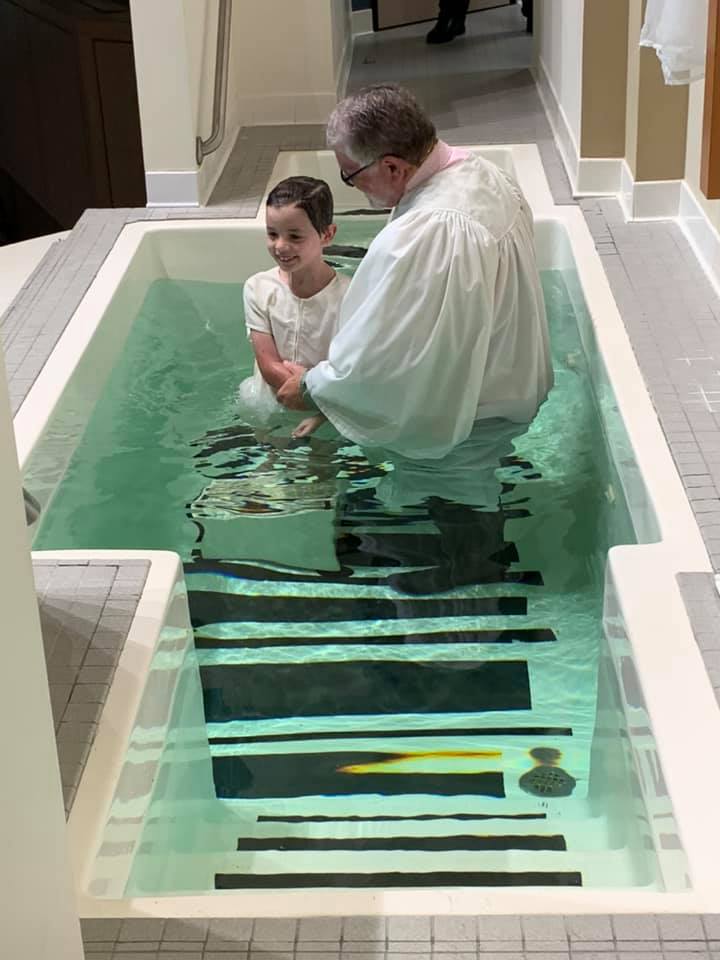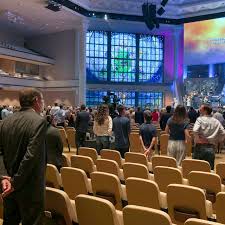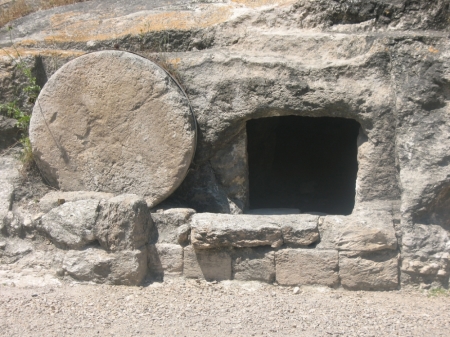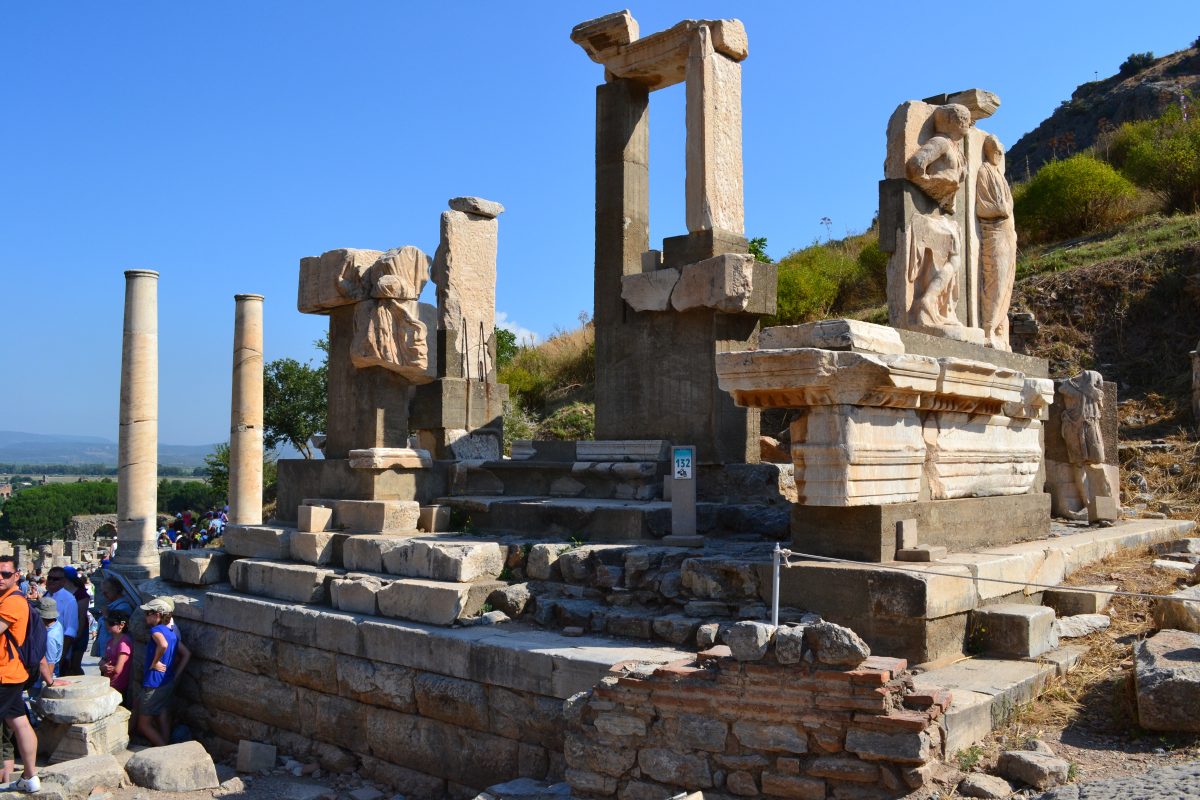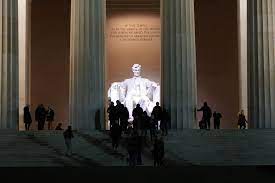Background: Acts 2:42-47; I John 1:3
I have missed it. I just did not know how much I missed it.
I stood to the side of the room and relished the laughter and boisterous conversations. Last night, 130 deacons and their spouses gathered in the open air, cavernous space of a cleared out workshop and storage area behind our church. It was the first time since the pandemic struck the country and my church that we had been able to come together for a fellowship meal.
Our pastor and our church have been careful during the pandemic. For months last year, we held drive-in church. Fellowship was limited to a honk and a wave from behind the safety of our car windshields.
When allowed, we moved back inside with every other row of pews blocked off and appropriately social distanced. We wore masks and were encouraged not to linger in our normal pre-covid conversations.
For a congregation that values relationships with one another as a family of God, to be distanced and isolated was gut-wrenching and heart-breaking.
A significant portion of our congregation has been vaccinated and with the country slowly returning to normal, it seemed the right time to come together again in fellowship. We took some precautions. Our traditional Deacon Banquet became a much more informal semi-outdoor, hamburger cook-out.
Friendly faces. Excited conversation. Exuberant laughter. Genuine smiles. The simple joy of being together again in fellowship made that ordinary Sam’s burger patty taste like a T-bone steak.
I imagine God looked upon that scene at the fellowship he inspired and turned to a nearby angel and quoted himself from Genesis:
“And God saw all he had made and said, “It’s very good.” (Genesis 1:31)
And it was very good.
Enjoying the company of others is not a distinctive Christian concept. God created us as social beings. I still miss the close associations I had outside the church prior to the pandemic. While I’m beginning to see things opening up, it is still not free and normal.
The nature of our humanity calls us together. With the deep fractures ripping through our culture these days, maybe that’s why the fellowship last night touched me to the core. We were together in Christian fellowship. I knew I had missed it, but I didn’t know how much I missed it until that last car drove away.
The story of the New Testament church begins in Acts. After Peter’s Pentecost sermon, scripture tells us that about 3,000 people joined that small group of about 100 Jesus followers. The movement that began in Jesus became a church. Not a church as we tend to define it today, but a body of believers united in Christ intent upon taking care of each other.
“And they devoted themselves to the apostles teaching, to fellowship, to breaking bread and to prayer. Everyone was filled with awe at the many wonders and signs performed by the apostles. All the believers were together and had everything in common. They sold property and possessions to give to anyone who had need. Every day they continued to meet together in the temple courts. They broke bread in their homes and ate together with glad and sincere hearts, praising God and enjoying the favor of all the people. And the Lord added to their number daily those who were being saved.” (Acts 2;42-47)
It should not surprise us that the early church…or any church today…for that matter devoted itself to “teaching and prayer.” The message of Jesus Christ, carried in the lives of those believers prompted the growth and power of the early church. The message they preached and lived was the primary reason God could add to their numbers each day.
Because the gathering last night is so fresh on my mind, I want to share a few thoughts on fellowship.
The Greek word was the rage when I was in college back in the 1970s. “Koinonia.” We used it to talk about Christian fellowship. For a time, we had a weekly luncheon at the Baptist Student Union called “Koinonia.” We ate and visited together.
Baptist churches and institutions (and other denominations, I suspect) in some ways trivialized the meaning of “fellowship.” Fellowship became a “social.” Coffee. Conversation. Donuts. Pot Luck. Games. The fun to balance the seriousness of the sermon.
Step it up a notch to add a few spiritual components to your fellowship definition. Sharing needs. Prayer. Encouraging. Comforting. Edifying one another. Now we’re moving in the right direction, but the Christian aspect of fellowship as demonstrated by the first century church is much deeper and richer.
“Koinonia,” the common Greek word which we often translate as “fellowship” means “common or mutual,” according to people more scholarly than I am. A more literal interpretation speaks to “sharing together” as a partnership or “sharing with” as in giving to others. “Partnering with.” “Sharing with.” In a word, relationships.
Fellowship, then, in the New Testament sense, is that thing commonly shared in some way by all parties involved. Relationships. Burdens. Privileges. Responsibilities.
To think of fellowship in a purely secular sense founded on common interests or physical ties would have been a foreign concept to Luke and the apostles. It always held a spiritual connotation. New Testament believers enjoyed fellowship because they first had a relationship with each other in and through Christ.
Consider fellowship as John did when he wrote:
“We proclaim to you what we have seen or heard so that you may also have fellowship with us. And, our fellowship is with the Father and with his son, Jesus Christ.” (I John 1:3)
Fellowship is a relationship, not an event. The idea is that any event or activity follows naturally out of our relationship with Christ. Luke described that first century church as having “everything in common.” I don’t think that mean they were all like-minded in all matters of life. To me it means they were bound together in Christ to a common call to minister and serve. To share the blessings that come from our faith in God.
Still, it was a part of their new DNA to take care of those in need. Luke said “they sold their property and possessions” to meet the needs of those believers with whom they shared a relationship. Their partnership in ministry meant that they would give their money or sell what they had to sell to care for those among them who were struggling. As Christians we become partners with one another and with God in the common mission and ministry of the church…all for the glory of God.
Within that fellowship, they also found companionship, meeting “every day in the temple courts” and eating together in each other’s homes with “glad and sincere hearts.” I like this mental image.
These are folks that worship…together. Share… together. Do the work…together. Eat…together. Laugh…together. Cry…together. I can image there was a comfortable companionship that emerged from their fellowship similar to what I felt during our Deacon fellowship. For that group of believers in the first century, that companionship must have made every chance or deliberate encounter with one another the highlight of their day.
The late Ted Malone, a Christian radio broadcaster, told the story of a sheep herder on an Idaho ranch who asked him to broadcast the note ‘A’ over the air. When asked why, the shepherd said that his only company were the sheep and his old violin. The violin was out of tune and the note would allow him to tune it again.
Malone honored the request. The shepherd sent Malone a thank you know saying only, “Now, I am in tune.”
During the pandemic, our church like so many others began live-streaming its services. It was a way of staying linked to or connected to those who were unable to come to church for worship. I’m glad we had that opportunity.
The danger in staying on-line is that we stay away from the personal aspect of our faith. Though connected in some ways, there is a disconnect to those things that make being a believer in Christ personal and meaningful. We need to be together to keep our faith alive and growing. When we lose the connection with other believers, when we disassociate ourselves from corporate worship, shared ministry and service, we lose the companionship that encourages our faith.
That first century church struck a harmonious note when they worshiped and ate together. They were in tune with one another. It is the perfect example for the 21st century church. We should be in tune with one another.
Relationship.
Partnership.
Companionship.
As the evening wore down last night and folks started home, I watched with a deep contentment the hugs and handshakes shared among friends. I cherish my relationship with those people. I am encouraged and energized by the partnership we share in the ministries of the church. I delight in the companionship of friends who love God and care so deeply for one another.
I know I’m not alone in this sentiment. Surely, you feel the same about the people in your church. I am grateful to the deacons and their spouses who reminded me last night just how much I need them in my life.
I have missed you. I just didn’t know how much I have missed your fellowship.


